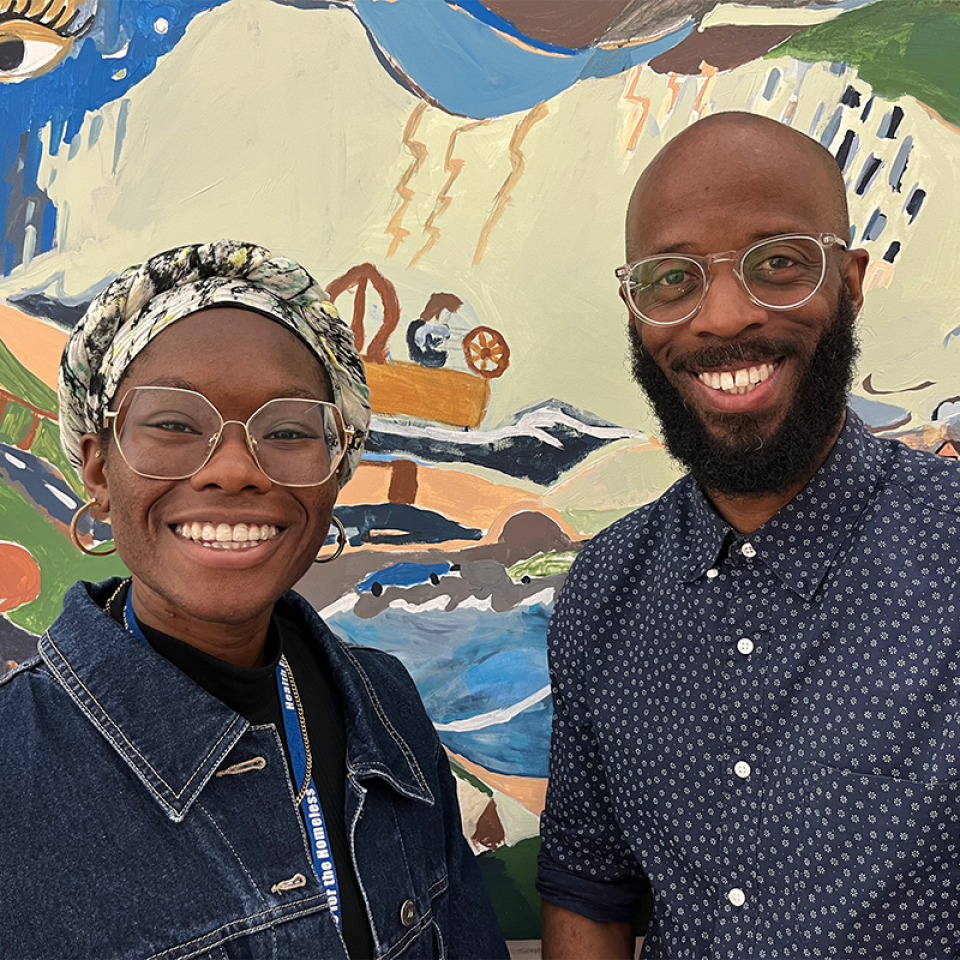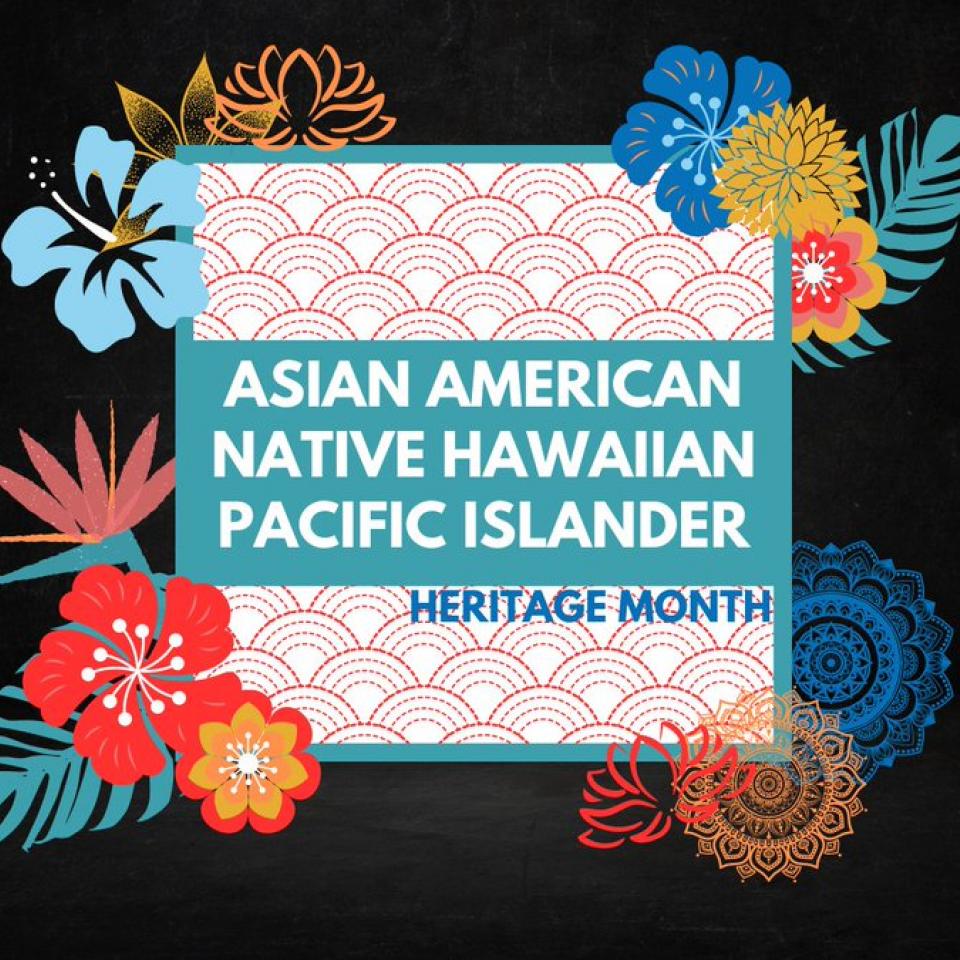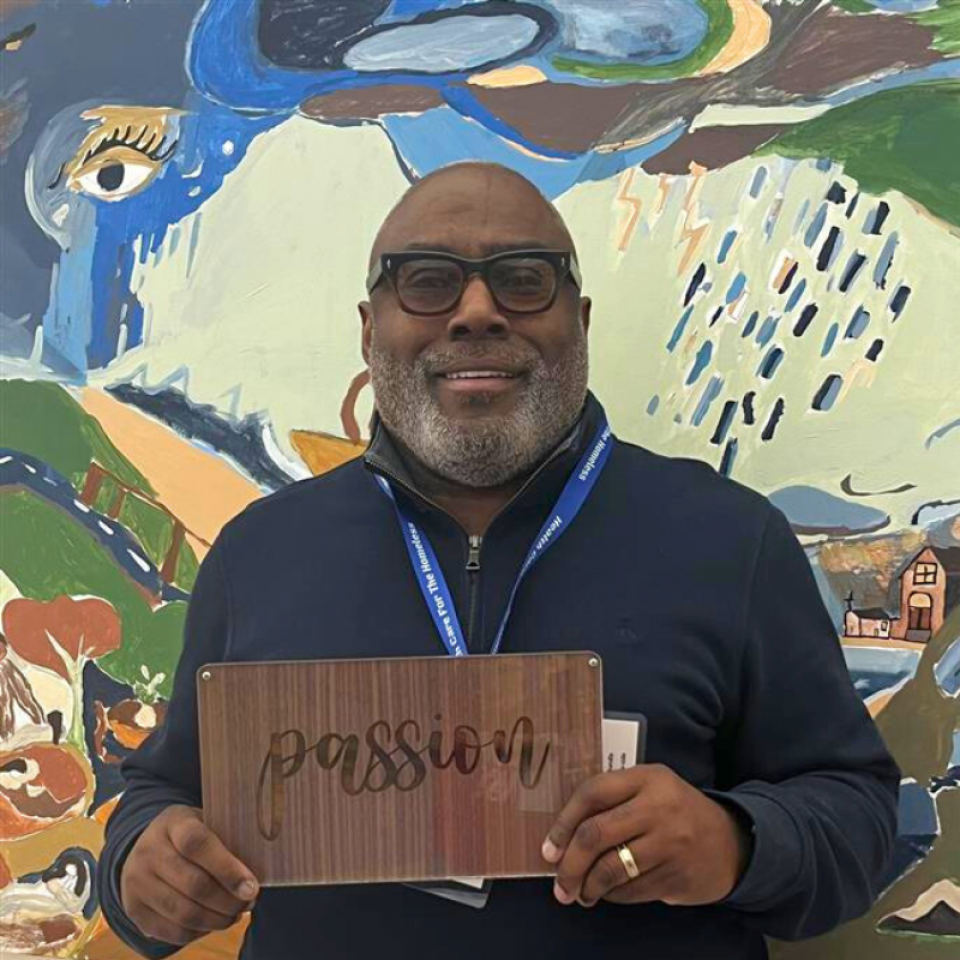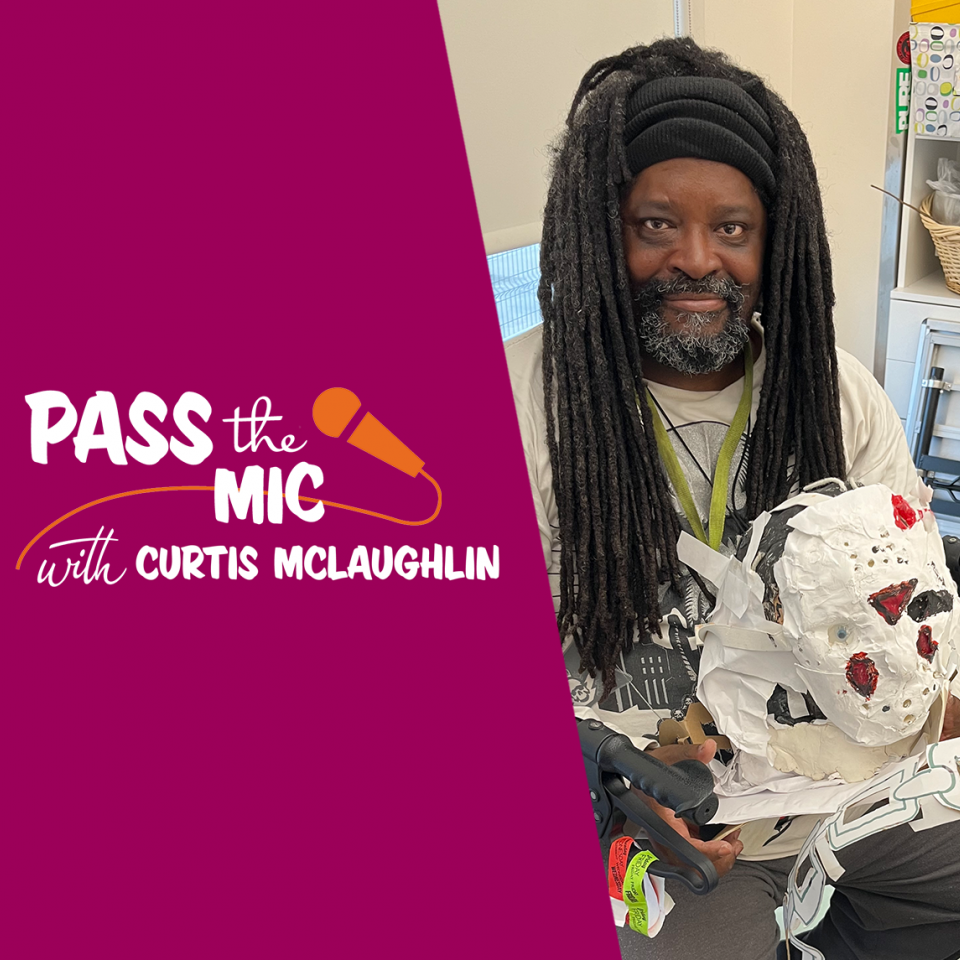Earlier this year, two staff members were recognized for their leadership with a grant from the Harry and Jeanette Weinberg Foundation. The grant supports leaders of color from organizations supported by the Foundation.

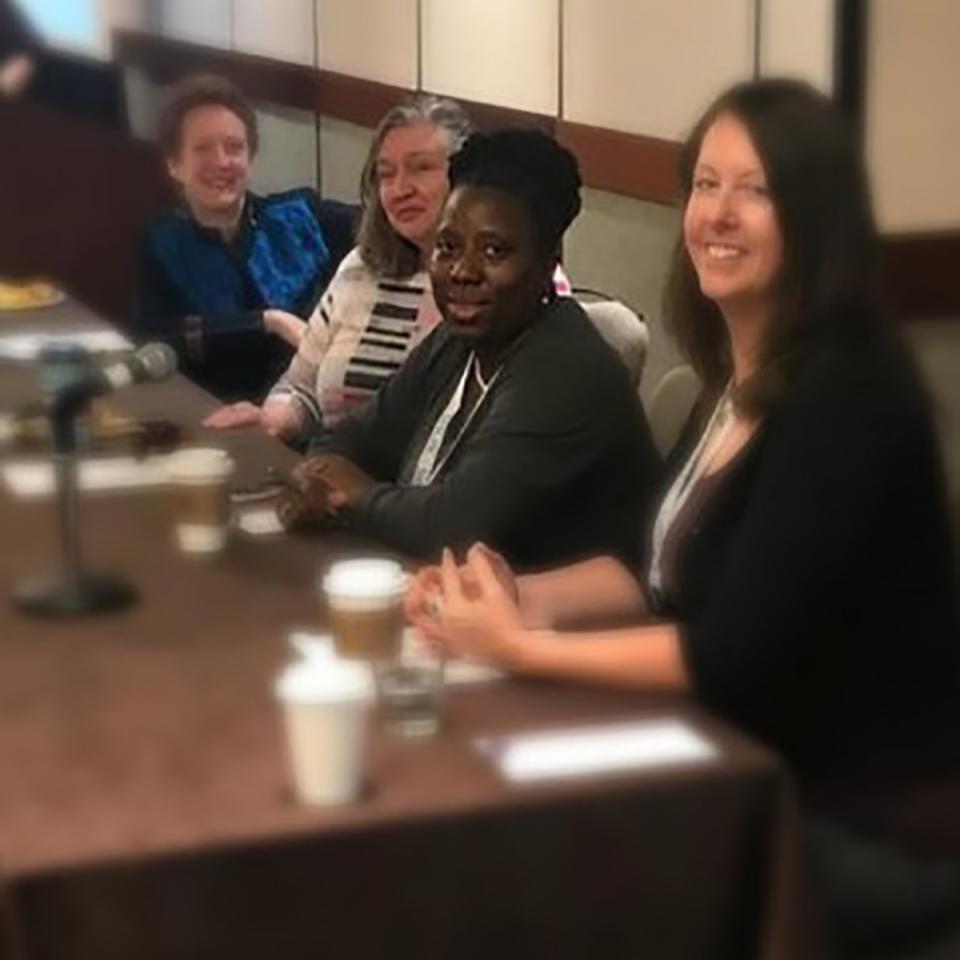
05.30.18
Q&A with Director of Housing Services Lawanda Williams, LCSW-C on food, diabetes and homelessness
At this year’s National Health Care for the Homeless Conference, you presented on a panel titled Managing Diabetes and Chronic Disease through a Social Determinants Lens. What does that mean?
Social determinants of health are the areas of your life that impact your health outcomes before you reach your doctor’s office. Poverty, access to food and where you live are all examples. We know in Baltimore that the separation of two or three miles—like between Roland Park and Park Heights—can mean a 20-years difference in life expectancy.
Why are you interested in diabetes?
Two reasons. My mother had diabetes. Even though she had resources, helping her navigate through that was difficult. It made me think, how in the world can people manage this with nowhere to store their food, no place to cook, no access to needles?
I was also startled by the number of clients living with HIV who felt that their diabetes was the worse of the two. They’d say, “Now that my HIV is under control, it’s really diabetes that’s messing up my life!”
What barriers do people face in accessing healthy food?
We have a big problem with food deserts here in the city. Many people are getting their food from local corner stores because the alternative is a four or five mile cab ride away. Think about shopping at a store where the food is behind bulletproof glass. People staying in shelters have even fewer choices and no control over the food available.
What solutions stood out to you from your discussion at the conference?
One client mentioned outreach to churches, and that resonated with me. Baltimore is full of churches who give food to shelters and do street outreach. Connecting with churches to discuss heart-friendly foods or diabetes education would be a start.
I think there’s space to empower shelter systems, too. And we’ve started to do this—talking with emergency shelters and soup kitchens about the food they serve and empowering them to talk to donors directly about healthier options. It was nice to hear recommendations from the panel—and to come back to find out that some of that work is already happening!
View other topics and photos from the National Conference here.
More Recent News
May is Asian American, Pacific Islander, and Native Hawaiian Heritage Month, a time to celebrate and honor the diverse cultures, histories, and contributions of these communities.
Gregory Rogers is a Senior Community Health Worker (CHW) with years of experience in addiction counseling. A vital part of a client’s care team, CHWs work with clients to navigate care both in the clinic and out in the community. See how Greg spends his days!
An artist, gamer, and movie lover, Curtis McLaughlin has been part of the Health Care for the Homeless Art Group for more than five years. Get to know Curtis in the lasted edition of "Pass the Mic".
